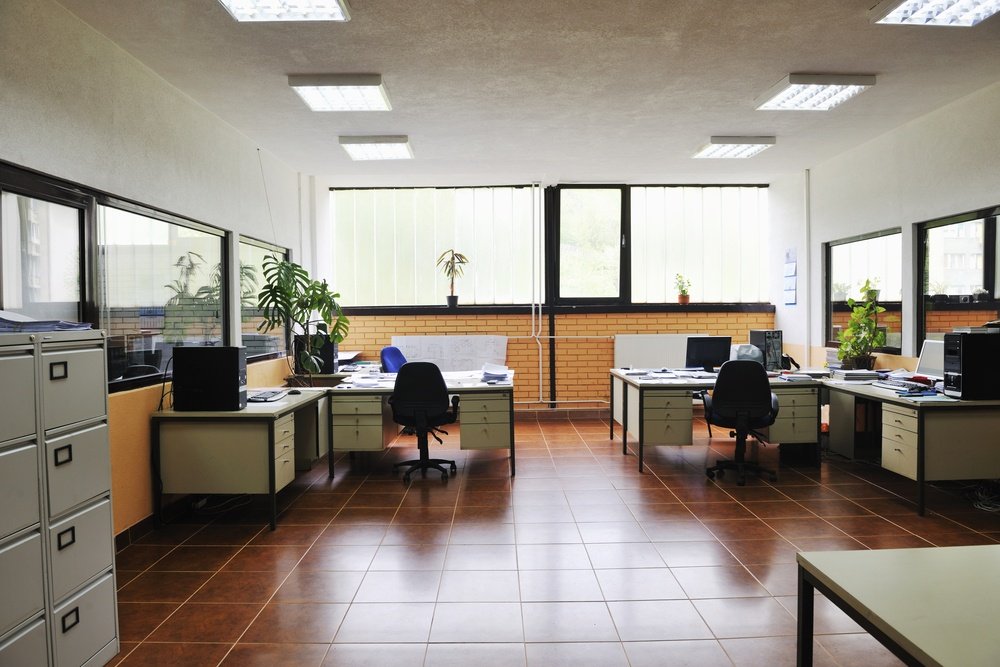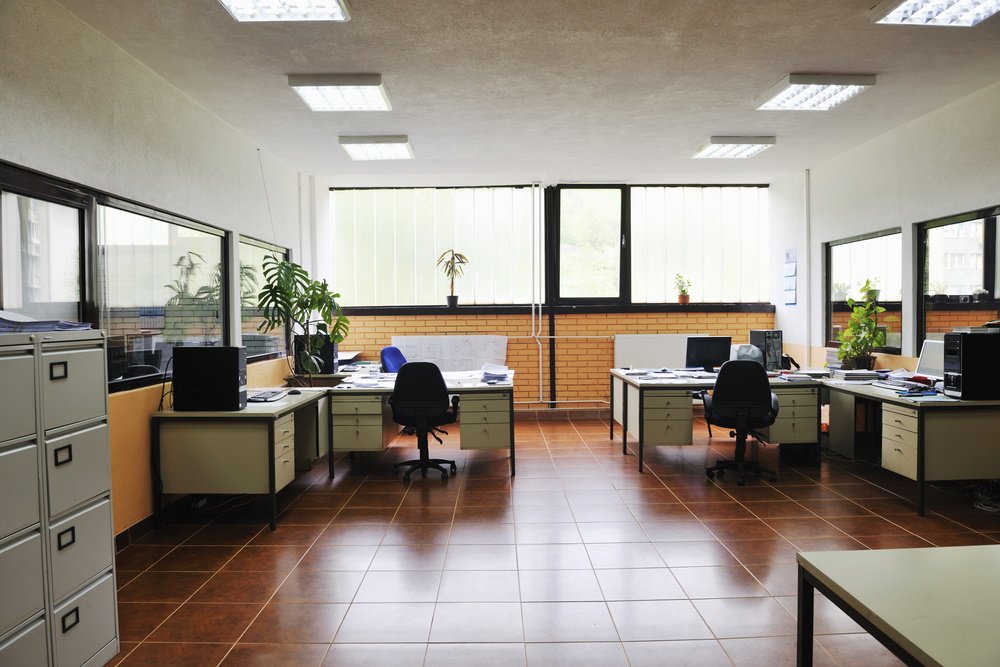
If you recall, twas 'The Hollies' who lyrically mused about the air that we/I breathe, back in 1974. Moreover, while the popular beat combo were making connotation to affairs of the heart, rather than the actual air we inhale in our immediate environments, the sentiment still resonates. As might it should.
Whether they were referring to inhaling this rarefied air indoors or outdoors, music history has never quite confirmed one way or another, however for the purposes of this blog, we're concentrating our efforts on indoor air quality. The poorest of the stuff, at that and how there's many hidden costs shrouded within its presence. Most of which you could know little about, hitherto.
Define Dirty Air
Dirty air is a term coined to broadly describe any air, which is of poor quality. Essentially the type we should avoid filling our lungs with for fear of the effect it could have on our respiratory systems. Plus it just isn't that pleasant. What's more - and as you'll discover for yourself further into this blog - dirty air can have a negative impact on your business equipment as well as your employee health and wellbeing. Neither of which are good things, nor conducive to productivity. Which in turn is bad for your business, whatever it is.
Nobody wishes to breathe in dirty air, that is a fact. And while we're acutely aware of the nasty stuff we're privy to when we're outdoors (courtesy of vehicle exhaust fumes, industry emitting plumes of manufactured grey clouds and a variety of other identifiable pollutants), when we're indoors the culprits aren't quite as obvious. Nor staring us in the face.
That's not to say that dirty air doesn't exist in our workplaces. Be they offices, factories, warehouses or any other type of business premises, which creates dust and other allergens by virtue of the presence of people and machinery.
So, What Work Environments Are You Talking About, When You Refer to Dirty Air?
Numerous ones, to be brutally frank. Most of which fail to recognise or indeed, quantify the volume of contaminants slowly clogging up our airways and/or choking us. Or at the very least, irritating membranes which line our human nasal cavities and throats and which can ultimately lead to unwanted health issues if the victim of relentless exposure over a passage of time.
Aside from occupational health conditions making employees' lives miserable going forward, another severe consequence of dirty air falls into the category of health and safety nightmare. Oh, and additional costs to a company too; although we'll go into that a little later.
Which Pollutant is perceived as the Greatest Threat to Indoor Air Quality?
There are a few to be perfectly honest, however there's one particular example which stands out. What’s more, is relatively easy to eliminate once you acknowledge its lurking menace. Yes, that old household pest, dust. Dust, along with other airborne particles, pose a significant threat to businesses large and small.
There's no getting away from that, and at the end of the day, any companies ignoring this threat will pay the price one way or another. Either via staff absenteeism (which subsequently affects productivity) and/or damaged machinery caused by, yes, you guessed it, a build-up of dust.
So, what's the answer, you're probably asking about now? Air purification, in the one sentence. Bit before we take a closer look at the solution, let's continue to address the root cause. How can something as seemingly innocuous as dust particles can cause such chaos?
Why Exactly is Dirty Air Bad for Business?
There are four key reasons why dirty air can have a dramatic effect on any
company, and they comprise of the following;
• Dirty air COMPROMISES employee health and wellbeing
• Dirty air can IMPACT THE QUALITY of your goods
• Dirty air can HARM THE IMAGE of your company
• Dirty air can AFFECT FUNCTIONALITY of your business' core equipment/machinery
Four extremely important wake up calls for any business owner still not au fait with how dirty air can be the unwelcome and unruly guest, if you're not very vigilant.
What Sort of Knock-on Effects Will Dirty Air Have on My Company's Ability to Perform Duties as Normal?
Costs, primarily. Dirty air will hit business owners hardest in the wallet. The lifeblood of any given company. Below we take a quick look at just how you'll incur what can only be described as significant costs to your business should you choose to ignore advice/warning about dirty air.
Staff Absenteeism - Not the words any company owner wishes to see writ in large print, obviously. Yet failure to act upon the presence - and reach - of dust in the workplace, could and does pave the way to employee sickness. It stands to reason when you think about it for a moment too. Inhalation of dust particles can trigger irritation to eyes, instigate coughing fits and induce sneezing. Dirty air has also been known to bring about asthma, or cause a flare-up of dormant issues in sufferers.
Added Cleaning Expenditure - Employees tend to be recruited to carry out certain roles,, and it's these remits they get paid for, as per contracts. So the last thing you want to see you employees doing is wasting their (and therein, company) time cleaning their immediate environs; rather than focusing on their 9 - 5's. If the company is struggling with dirty air, nobody wants to work in that sort of environment.
Maintenance Cost Increases - Once dust gets into certain equipment and pieces of machinery, then the functionality of said assemblage could easily be compromised. Especially the more fine-tuned and pollutant-susceptible of equipment. Once technical or mechanical problems start arising as a consequence of dust infiltrating systems, then physical replacement might well be signposted further down the road. Any experts will quickly point out that dusty equipment generally requires greater degrees of maintenance than those which aren't hampered.
Dust Kills - Well, that might sound an over-exaggeration, however if employees manage to body-swerve the possible long-term health implications associated with the constant inhalation of dust and similar airborne properties that attack the respiratory system, then there's something else to be mindful of. Were you aware that dust - when untreated - could represent a bona fide fire hazard, if and when it's allowed to manifest in volume in close proximity to floor heaters, electronics and sockets?
Tarnish Company Image - Admittedly not quite as much a threat as that of fire damage and/or death, however, if certain goods remain dusty for long periods of time, then a company's image might be seen as shoddy. Certainly, less professional, as excess dustiness can lead to material damage as well as simply leaving a bad impression. Another by-product of letting dust collate and endangering the quality of the air within an immediate workspace environment.
OK. What's the Best Solution to Issues Surrounding Dirty Air in the Work Place Then?
Air purification is the predominant means of eradicating the spectre of dirty air, especially removing dust as a contaminant which doesn't need to exist per se. A variety of machines and dedicated air purifying units are widely available which extract all the unnecessary elements out of the air which we breathe in an office or factory air space. And the results speak for themselves. According to respected air hygiene industry stats, analysis post-air purification equipment installation shows reliably informs us that there's a sizeable reduction in particle load matter. Or to put that into figures; up to 90% less dust. Which effectively elongates the life cycles of important office or factory machinery. Not to mention the employees', by a similar token.







